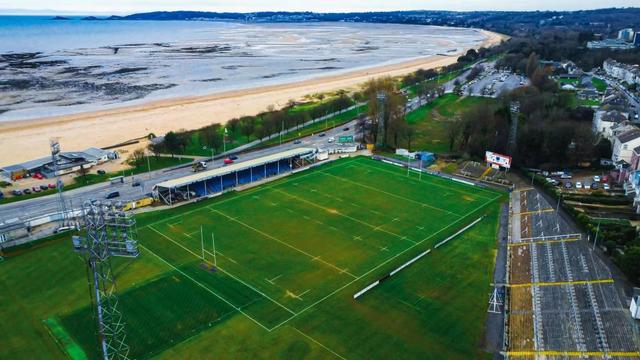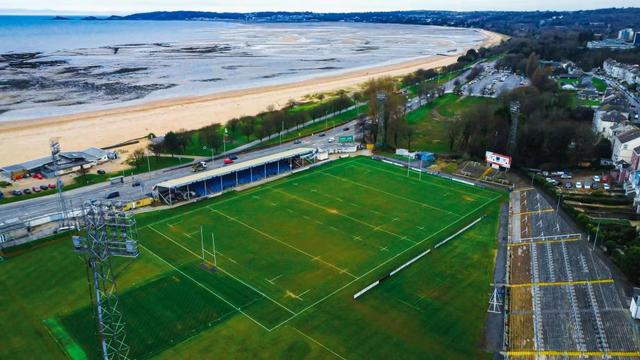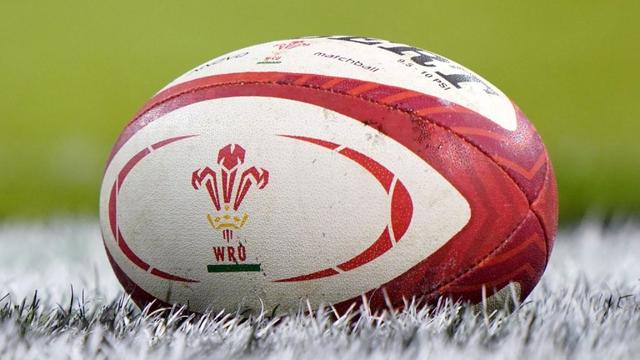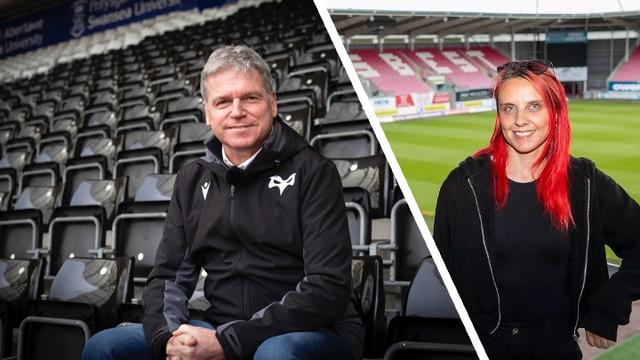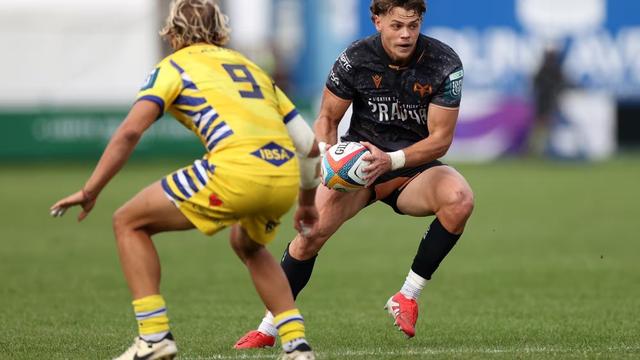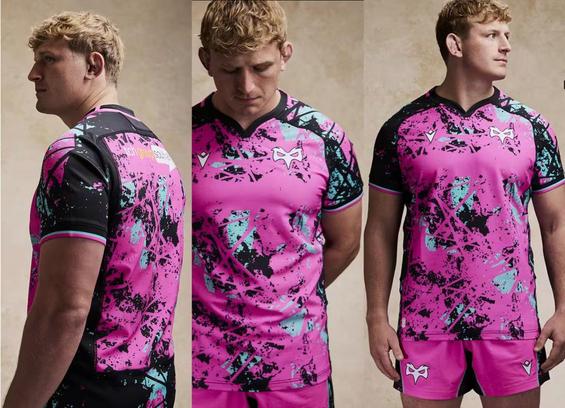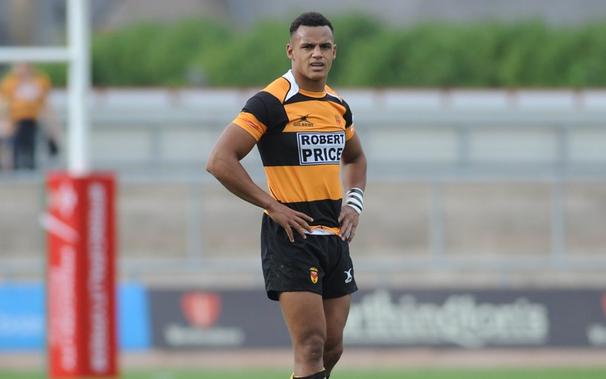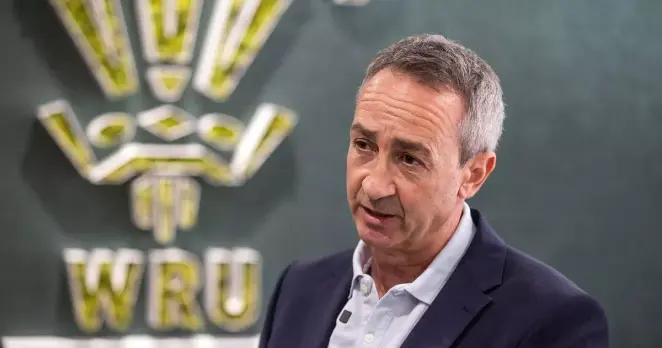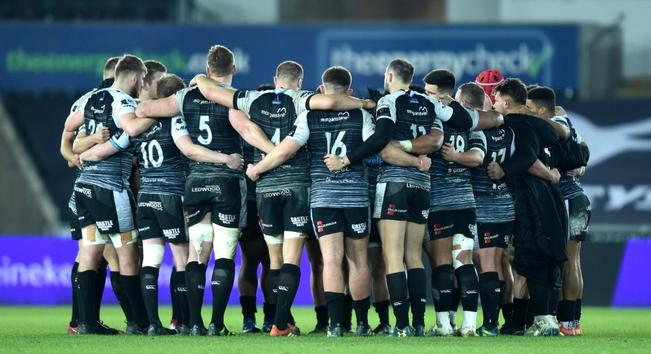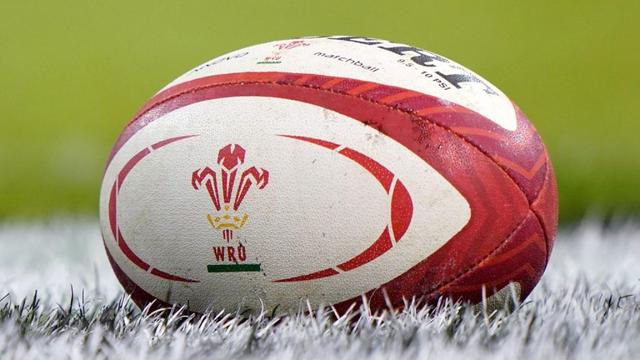WRU outlines next steps in elite rugby restructure amid backlash
WRU Director of Rugby and Elite Performance, Dave Reddin, said the transition will be collaborative, fair and focused on the long‑term strength of Welsh rugby.
Consultation marks “start of the next phase”
The WRU began consultation in August, engaging widely with clubs, players and stakeholders. Reddin said the announcement of the board’s decision was a milestone, but stressed that the detailed work now begins.
“We have already met with each of the four professional sides in a structured way and will be working through the detail with them all,” he explained. “We’ll look together at everything from financial stability and governance to player development, community connection, facilities and demographics.”
Difficult decisions ahead
Reddin acknowledged that deciding which three teams will continue in the new model will be challenging. “Every team carries its own heritage supported by a passionate community, and that deserves full respect,” he said. “But we have to balance this with the shared goal of building something sustainable, competitive and fit for future success on and off the field.”
The WRU will also continue discussions with the United Rugby Championship (URC) to ensure the new structure works for the competition, and will meet with the Welsh Rugby Players Association (WRPA) to keep players at the heart of planning.
Backlash across Wales
The proposals have sparked fierce opposition across South and West Wales, with community leaders, politicians and fans voicing anger at the potential loss of historic clubs. In Llanelli, councillors branded the WRU’s plan “a back of a fag packet proposal” and warned it would devastate the Scarlets’ future. The town’s mayor joined thousands of supporters in a “Save Our Scarlets” march, accusing the WRU of ignoring Llanelli’s rugby heritage.
In Swansea, civic leaders slammed the three‑club plan as “not fit for purpose,” warning it would undermine the Ospreys and damage the city’s rugby identity. Meanwhile, MPs have criticised the WRU, describing the move as a “U‑turn” and accusing the union of “bully boy tactics.” This backlash has highlighted the depth of feeling in communities where rugby is seen as central to local identity, and has raised questions about whether consensus can be reached.
No deadline set
WRU Chair Richard Collier‑Keywood has confirmed there is no fixed deadline for the process. “We’re not setting an arbitrary deadline,” Reddin said. “Everyone wants certainty, but rushing could risk getting it wrong. We are hopeful of reaching a consensus as quickly as possible. If that is not possible, we will move to an open, fair and transparent competitive tender for the three future licences – one in the capital, one in the East and one in the West of Wales.”
Commitment to clubs and players
Reddin stressed that Wales will continue to field four professional sides during the transition period. “Our commitment to the URC remains absolute. We also have commitments to the current agreements in place with the four professional clubs and to honouring the contracts of players,” he said.
£28m investment in Welsh rugby
Alongside the restructure, the WRU is preparing detailed plans for investment in five key areas: men’s player development, the women’s elite programme, a national talent insights and management scheme, coaching investment, and the new Super Rygbi Cymru competition. The WRU has pledged £28m over five years to support these pillars, which Reddin said will bring “hugely positive change to the game.”
The WRU say that more detail is set to be published in the coming weeks.
#daveReddin #ospreys #richardCollierE28091keywood #rugby #scarlets #superRygbiCymru #unitedRugbyChampionship #urc #walesRugby #walesRugbyRegions #welshRugbyPlayersAssociation #welshRugbyUnion #wrpa #wru

